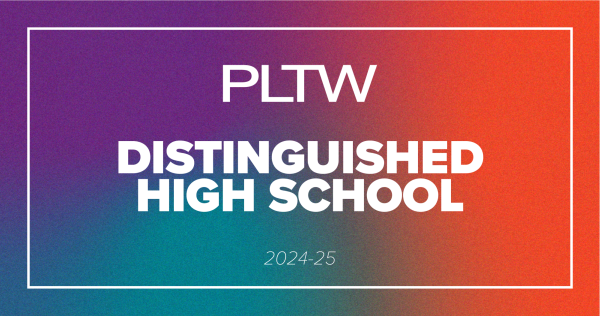Chilean people fight for a new constitution
What started with a protest for better fare prices became a fight for an updated democratic constitution.
On Oct.19, Chile went into a state of crisis following student protests over a recent, and now redacted, government policy. The Chilean people protested against the price hike in transportation fares with both peaceful and violent protests, and the government fought back with brute force. A protest for fair pricing soon became a protest for a change in the constitution.
The protests were sparked by the passing of a bill that citizens were concerned it would make transportation difficult. In Chile, the fairs would be raised $.04. While this price hike may not seem dramatic, the low to middle-class citizens were concerned over it and the possible challenges it could impose. They use public transportation to get to work, shop, etc. The minimum wage in Chile only allows for lower-class citizens to earn $540 per month, which is not enough to have a decent living and pay these high fares.
Many of the students of Chile believed this to be unfair and began protesting the pricing by not paying the fare at all. They jumped over the fare machines and even broke some of them in retaliation. They gathered in the street with signs and protested for the prices to go down again.
The government responded with force. As the protests continued, the Chilean president Sebastián Piñera gave military clearance to use whatever force they deemed necessary to stop riots due to the protests growing, including shooting at the crowds of people. Piñera then announced the country to be “at war”: the protesters versus the government.
This angered citizens, and they continued their protest, the purpose now for more rights and a change in their constitution. The Chilean constitution dates back to when the country was under Augusto Pinochet’s dictatorship 30 years ago. Now as a democratic country, the protesters want the constitution to reflect that.
As the goals of the protest expanded, they became more violent. In one case, police officers had Molotov cocktails thrown at them by protesters in the capital, Santiago. Two officers were set on fire.
Piñera also began to finance the National Center of Intelligence and National Intelligence Agency, an organization used during Pinochet’s rule. Chilean native Genesis Vasquez explains that this organization “basically represents a war status” and says it gives “armed forces the liberty to do whatever they want to repress public disturbance. They can shoot whenever they want and for whatever reason.” During Pinochet’s rule, the organization, “violated human rights in so many ways. Awful types of tortures and killed so many people. [SIC]”
The protests are still ongoing, with no clear end in sight, leaving the protesting Chileans fighting Piñera for the foreseeable future.
Your donation will support the student journalists of Neuqua Valley High School. Your contribution will allow us to print our next newspaper edition as well as help us purchase equipment and cover our annual website hosting costs.





